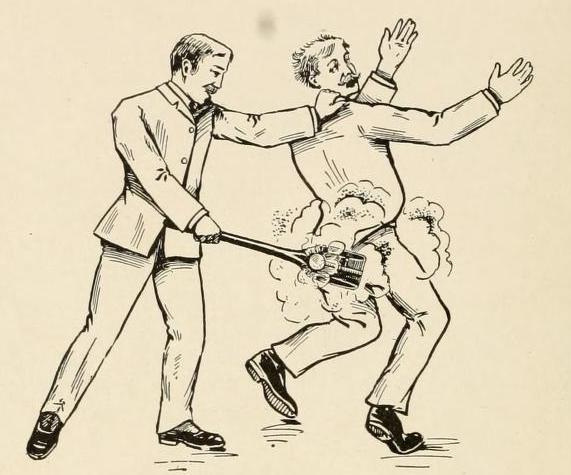
Higgins v. Boston Scientific (“BS”) is a qui tam case (a kind of whistle-blower case) against BS in connection with alleged defects in a couple of cardiac defibrillator devices (Cognis and Teligen). A major bone of contention in the potentially multi-million dollar lawsuit is what BS disclosed to the FDA (and what it concealed from the FDA) when seeking FDA approval for sale of the devices (and thereafter).
In BS’s defense, it claims that it “intends to show that it provided robust and complete disclosures of information to the FDA about its experiences with the Cognis and Teligen devices…” (here at p. 5).
But BS, in its “initial disclosures” required under the Federal Rules of Civil Procedure, failed to disclose a former BS employee, Ms. Erika Huffman whose job included corresponding with the FDA regarding Cognis and Teligen. In fact, she apparently “oversaw reporting events to the FDA” during the relevant time period (here at p. 18).
No worries, right? Under the rules BS could supplement its initial disclosures and fix the lapse?
BS might have been in the clear had it not waited until literally the last day of discovery in the lawsuit to serve amended initial disclosures disclosing Ms. Huffman for the first time…
U.S. Mag. Judge Tony N. Leung sanctioned BS’s late disclosure of Ms.Huffman, though the punishment was not very severe. Plaintiff’s counsel gets more time to depose Ms. Huffman (and a few others) and BS has to pay Plaintiff’s counsels fees for the sanctions motion (see here, pp. 31-35).
If we assume that BS’s concealment of Ms. Huffman until the last day of discovery was intentional rather than inadvertent, that is, if we assume bad faith, BS got caught. On the other hand, as a practical matter, BS got a slap on the wrist, at worst. What kind of incentive does that give others?
